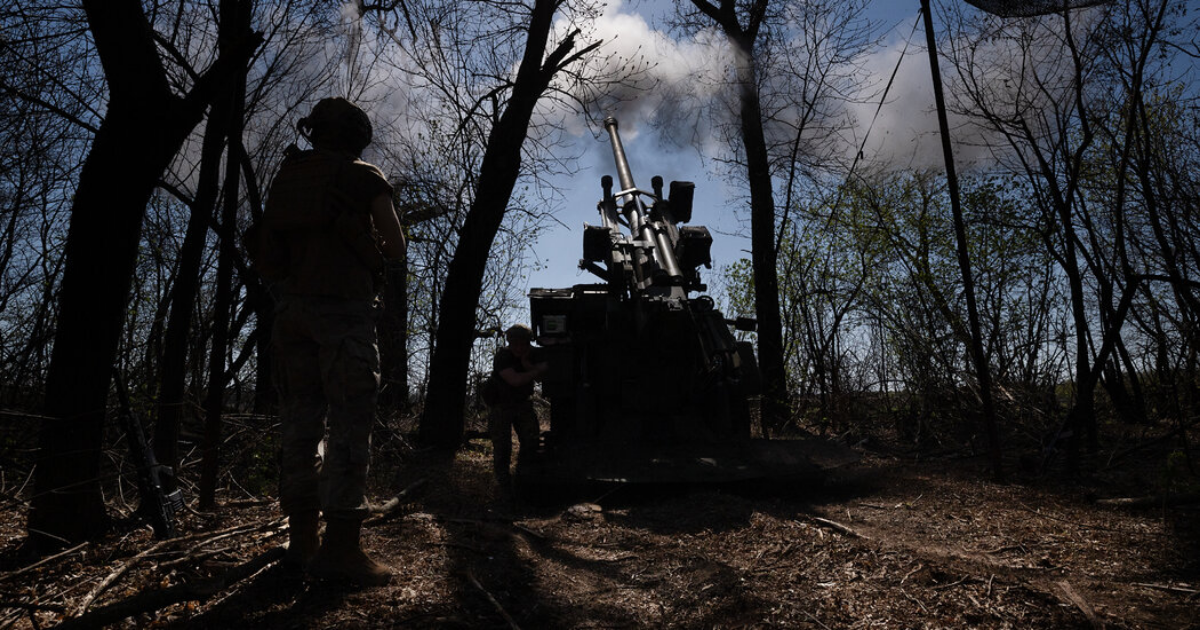President Vladimir V. Putin of Russia ordered his forces to “stop all military activity” against Ukraine from Saturday evening through Sunday, declaring an “Easter truce” that appeared aimed at showing an impatient Trump administration that Moscow was still open to peace talks.
“We will assume that the Ukrainian side will follow our example,” Mr. Putin said in a meeting televised on Saturday with his top military commander, Gen. Valery V. Gerasimov.
Mr. Putin claimed that Kyiv’s response would shed light on Ukraine’s “desire, and, indeed, its ability” to take part in negotiations to end the war.
The offer seemed designed to do two things: Appeal to President Trump and put President Volodymyr Zelensky of Ukraine into a bind. He could reject the truce offer and risk angering Mr. Trump. Or he could take it, and risk letting Russia take advantage of a planned cessation in hostilities to gather its forces for a new push.
Mr. Zelensky tried to thread the needle. He said Ukraine would abide by a truce so long as Russia did. And if Russia kept fighting, so would Ukraine.
“If Russia is now suddenly ready to truly engage in a format of full and unconditional silence, Ukraine will act accordingly — mirroring Russia’s actions,” Mr. Zelensky said in a social-media post. “Silence in response to silence, defensive strikes in response to attacks.”
Thank you for your patience while we verify access. If you are in Reader mode please exit and log into your Times account, or subscribe for all of The Times.
Thank you for your patience while we verify access.
Already a subscriber? Log in.
Want all of The Times? Subscribe.
